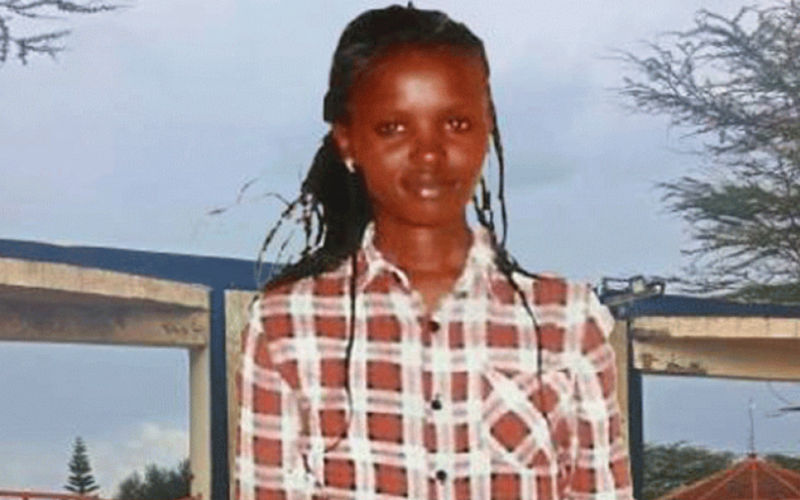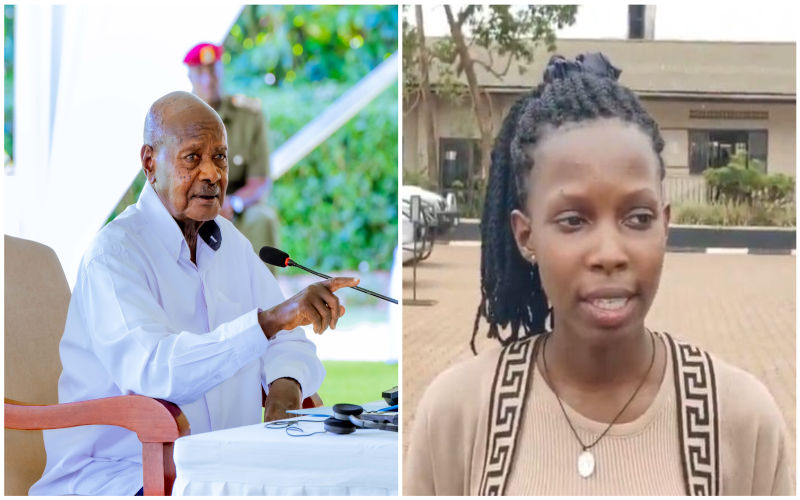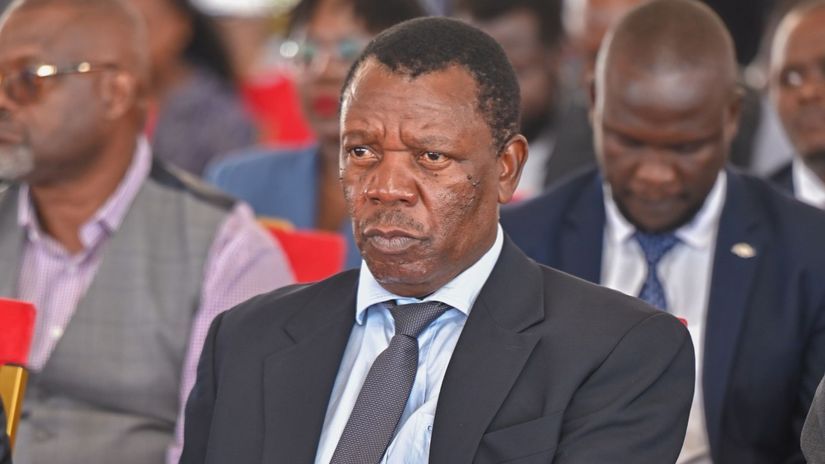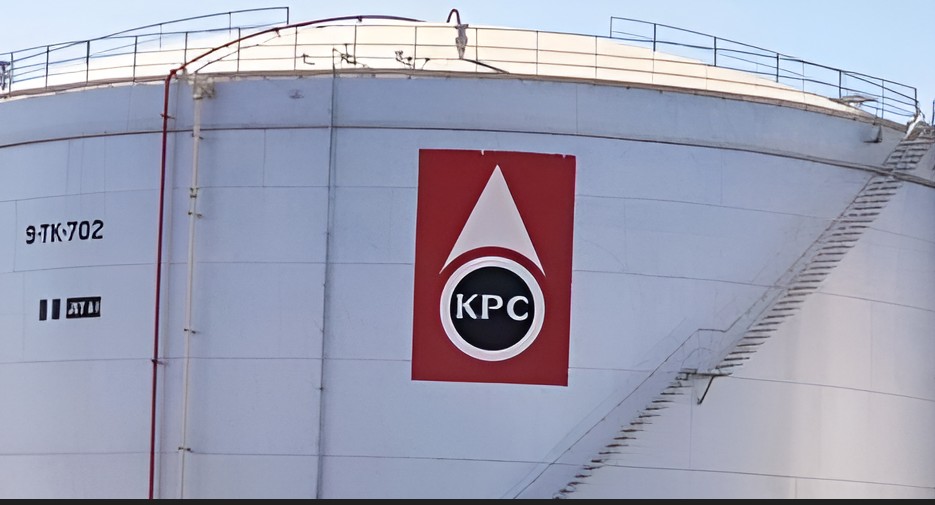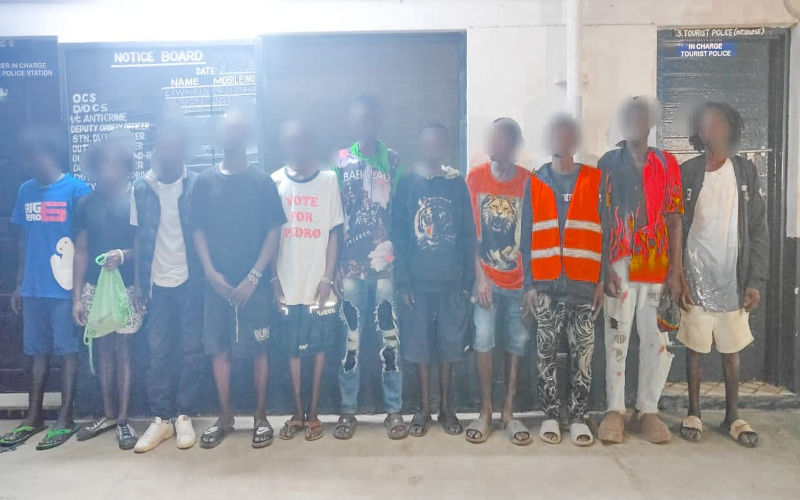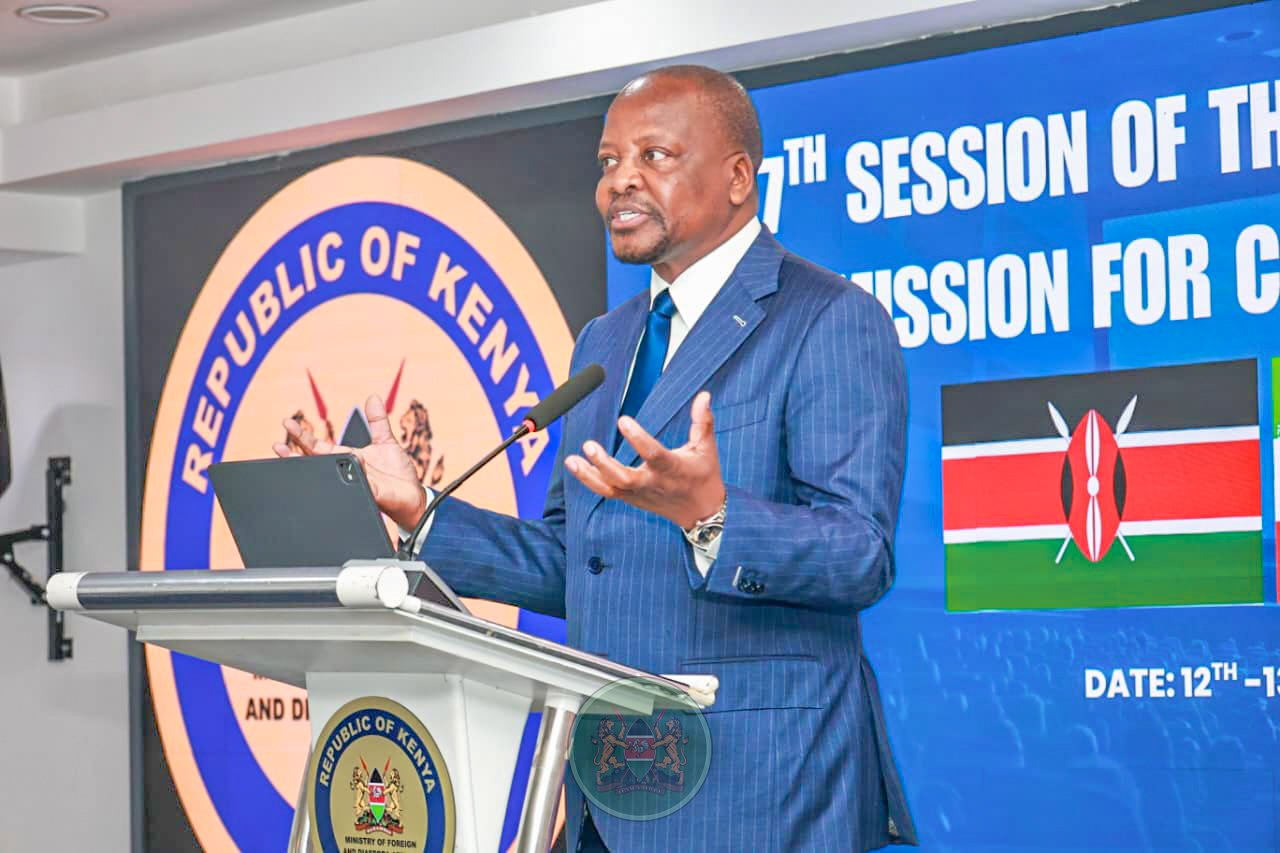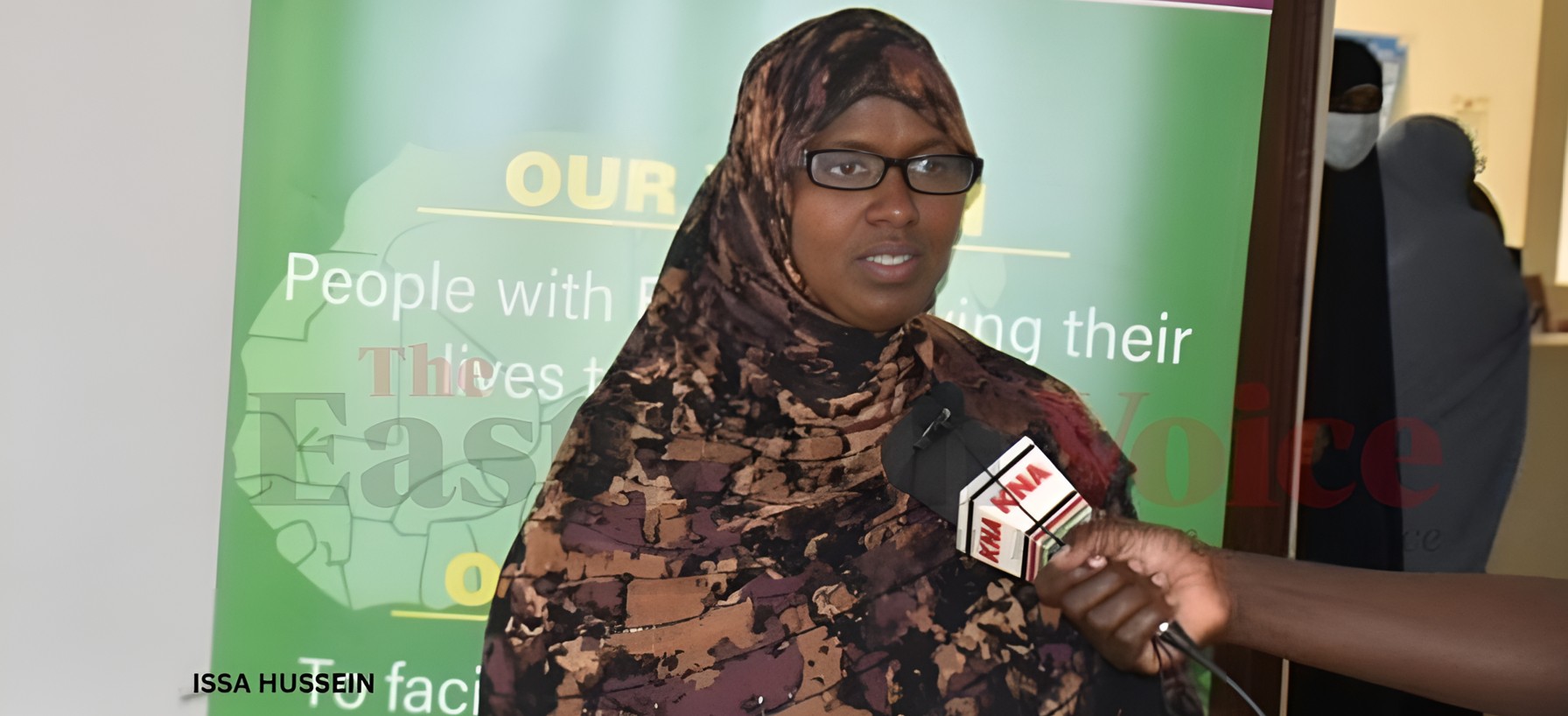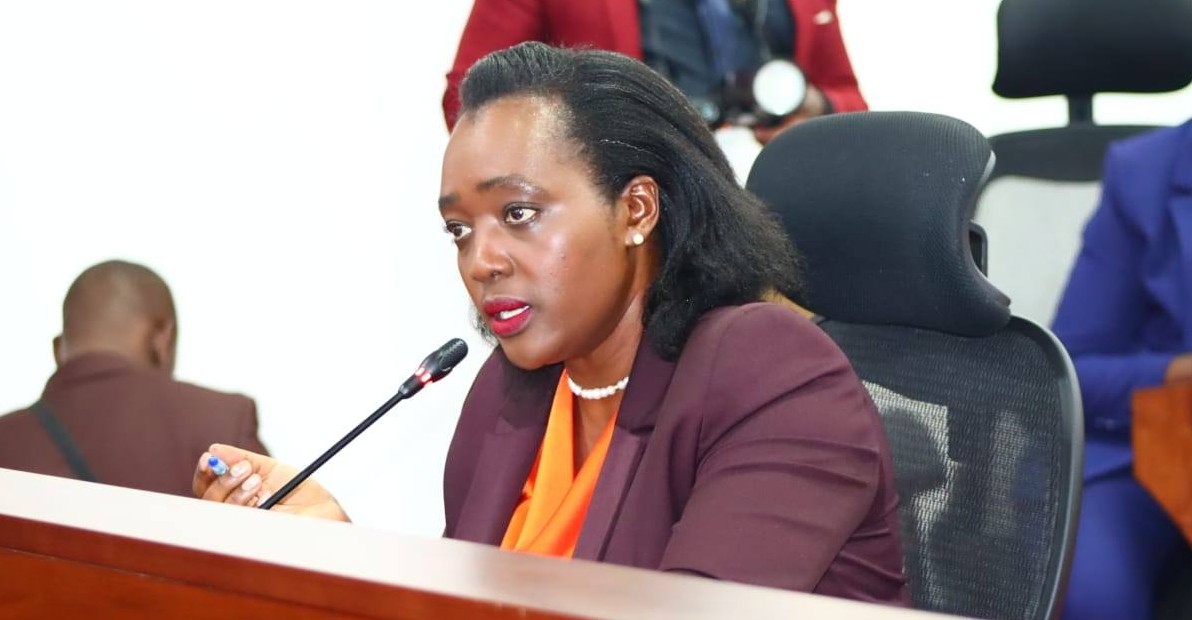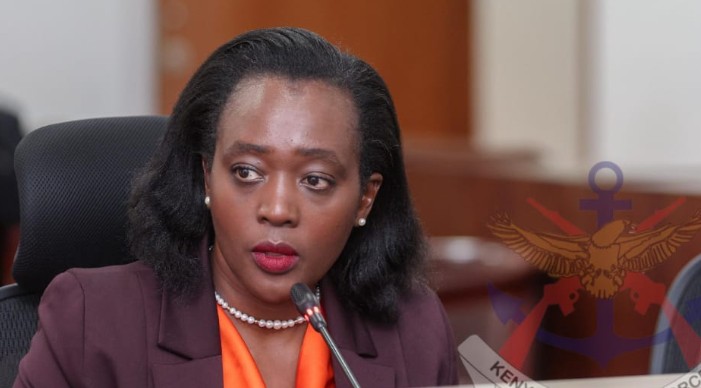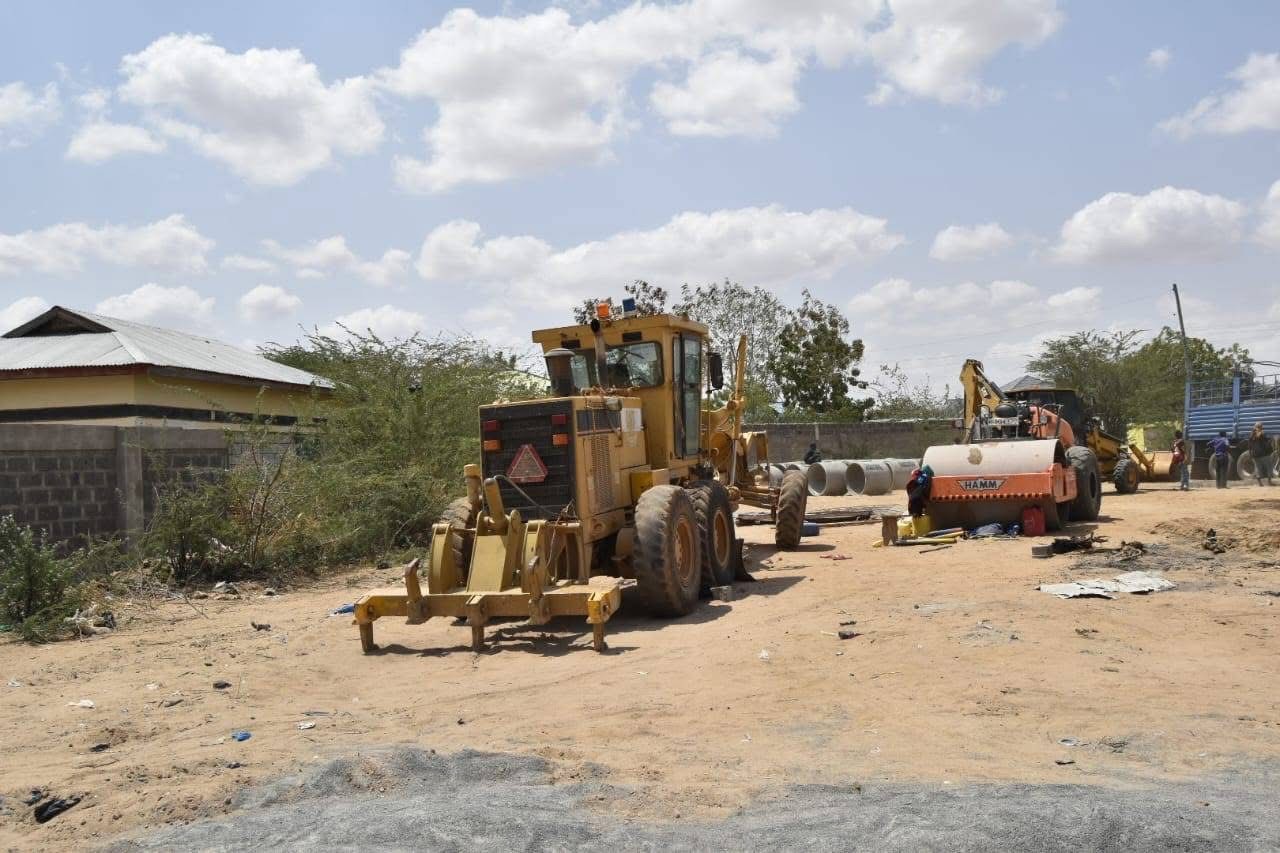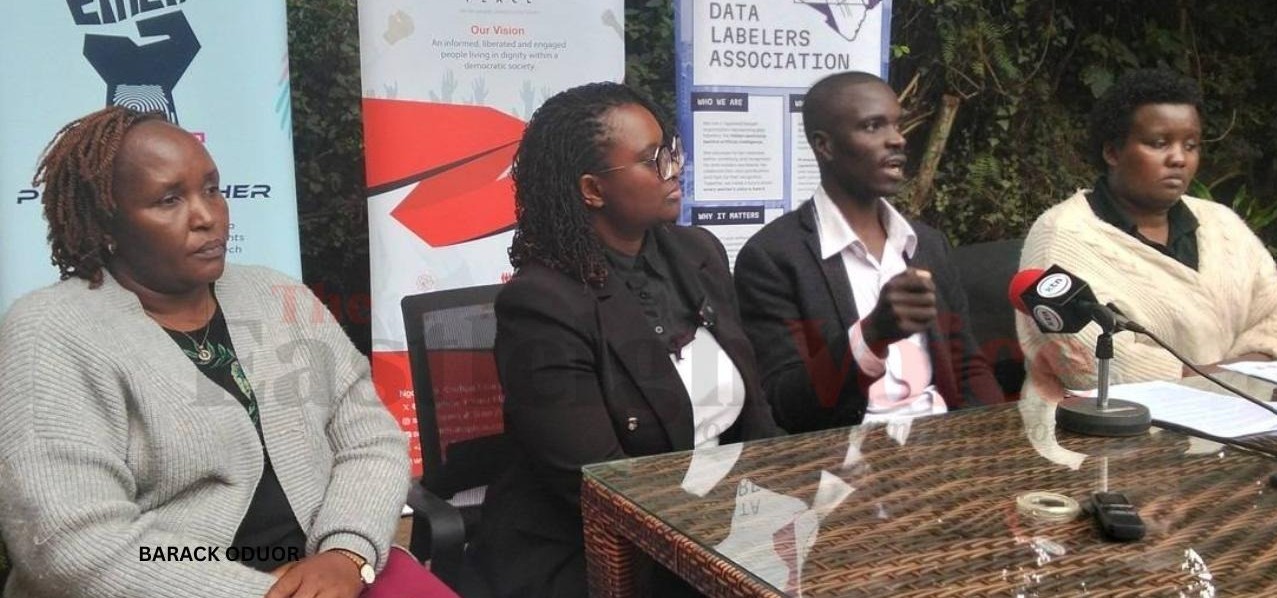Fight against conflict in Kenya, Somalia, South Sudan gets Sh2.3 billion boost
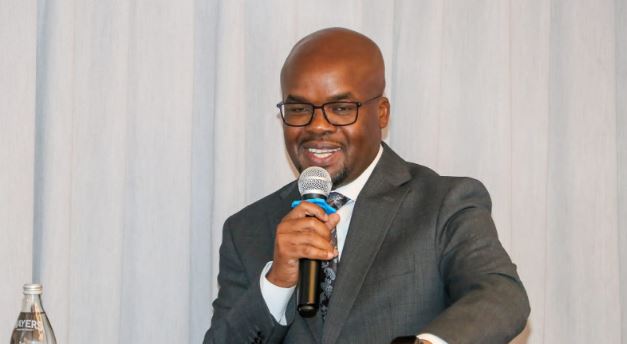
The project seeks to adopt local solutions to issues that predispose populations to violent extremism and other forms of conflict.
Efforts towards building communities’ resilience against violent extremism and other forms of conflict in Kenya, Somalia, and South Sudan received a major boost on Wednesday with the launch of a Sh2.3 billion (USD 18 million) programme that will go towards peace efforts in the three East African nations.
The project dubbed ‘Brave for Peace’ will for the next 36 months seek to adopt local solutions to issues that predispose populations to violent extremism and other forms of conflict, including economic deprivation, marginalisation, and political instability.
More To Read
- Two Somali soldiers executed for role in assassination of SNA commander
- Somalia, UN Support Office strengthen security partnership to boost fight against Al-Shabaab
- Murkomen tells Gachagua to record statement over Al-Shabaab claims upon return to Kenya
- US support for counter-terrorism efforts in Somalia to continue, but in new format- AFRICOM
- Kenya marks 27 years since 1998 US embassy bombing with renewed pledge to fight terrorism
- Ethiopia sentences five people to death for human trafficking in landmark ruling
The United Nations Development Programme (UNDP) will implement it in each of the three countries, with funding from the Korea International Cooperation Agency (KOICA).
Speaking during its launch, Interior PS Raymond Omollo noted that despite Kenya more effectively maintaining a special status of peace and security compared to a number of its neighbours within the East and Horn of Africa, it still faces its own share of challenges on a day-to-day basis.
"In certain regions of our country, including the capital, we have regrettably witnessed occasional extremist activities," Omollo said, adding that last year's shocking Shakahola massacre underscored the persistent threat of religiously motivated violence in the country.
"It's always easy to look at it as more or less an Islamic challenge, but if you look at the Shakahola spectacle that we are still dealing with, it tells you that what motivates us in the name of religion doesn't have boundaries and is not confined to one set of religions," said the PS, highlighting the significance of the programme for the country.
The Somalia Director of Tusban Centre, Mr Abdullahi Mohamed Nur, echoed his remarks, stating that Al-Shabaab hides under the guise of religion to commit atrocities in Kenya.
"When they carry out their criminal activities here, it appears as though they are attempting to divide Kenyan citizens along religious lines. However, in Somalia, where we are all Muslims, they continue to murder us on a daily basis. What this tells you is that what these persons are doing is not about religion," he said.
The threat of violent extremism has increased over the last decade, with IGAD's Centre of Excellence for Preventing and Countering Violent Extremism (ICEPCVE)'s Deputy Director Mohamed Houmed noting that it has continued to undermine development efforts, threaten homeland security, and destabilise communities.
Exploiting social grievances
"According to recent data, the IGAD region has seen an alarming rise in extremist attacks over the past ten years, with Al-Shabaab and other transnational extremist networks particularly active in Somalia, Kenya, and parts of Ethiopia. These groups exploit social grievances, economic hardship, and governance gaps to recruit vulnerable populations, especially the youth," he said.
Ms Songi Han, the Deputy Director of KOICA, expressed similar sentiments, stating that violent extremists exploit long-standing social differences in communities to undermine the socio-political relationship between the government and its citizens.
"Children, women, people living with disabilities, and internally displaced individuals have borne the brunt of violent extremism in the Horn of Africa. Therefore, this project is timely as it will address the factors causing violent extremism in the Horn of Africa,” said Songi.
South Sudan's Under-Secretary in the Ministry of Peacebuilding Pia Phillip Michael said while the nation is yet to suffer cases of violent extremism, it is grappling with the challenge of climate-induced insecurity and communal conflict.
He explained that the programme will enable the nation to adopt a comprehensive approach to efforts geared towards achieving sustainable peace.
Top Stories Today
- BATUK declared hostile witness after snubbing MPs probing Agnes Wanjiru murder case
- 20-year-old student announces bid to unseat Museveni in 2026
- Auditor General uncovers Sh3.4 billion manual salary payments in counties
- MPs question KPC privatisation plan, raise alarm over transparency, job losses
- Heavy rains and thunderstorms forecast across parts of Kenya this week
- Kenya leads Africa’s AI revolution with cutting-edge innovation and policy
